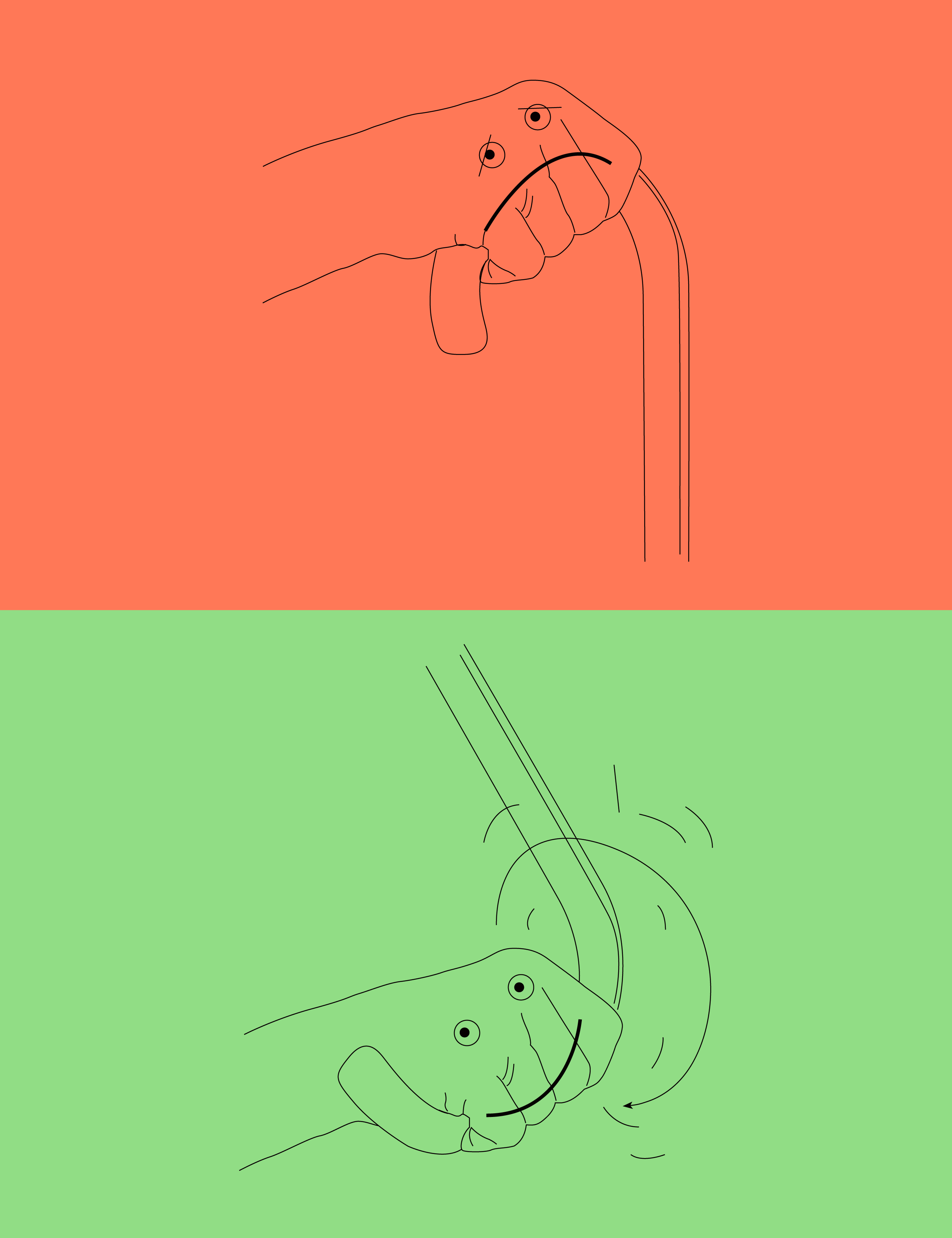
Maziyar Pahlevan
A recently published Yale study found a biological mechanism that might explain why positive perceptions of aging lead to longer survival.
While previous research has found that positive self-perceptions of aging, or SPA, are linked to longer survival, researchers had not before found a biological mechanism explaining that relationship. The researchers examined whether the C-reactive protein, whose levels rise in response to stress-related inflammation, mediates the relationship between positive self-perceptions of aging and longer survival. The study included over 4,000 participants aged 50 and over. The participants were followed for a six-year period, during which their perceptions of aging and CRP levels were analyzed. The study found that positive self-perceptions of aging were predictive of lower CRP and concluded that the protein acts as a partial mediator of the relationship between self-perceptions of aging and longer survival.
“In support of our hypothesis, we did find that this marker of chronic stress, or C-reactive protein, acts as a partial mediator,” said School of Public Health professor Becca Levy, senior author of the study. “What that means is that it is part of the mechanism, but because it’s a partial mediator, it suggests that there are probably other factors that are also involved.”
While the findings established that part of the mechanism linking positive self-perceptions of aging to longer survival can be understood through a biological mediator, Levy said that psychological and behavioral factors are likely also part of this mechanism.
According to School of Medicine professor Thomas Gill, who is also the director of the Yale Program on Aging, research in aging is becoming more important because the population in the U.S. and most developed countries is aging substantially.
“People are living longer, and it’s not uncommon anymore for persons to live well into their 80s, and even into their 90s.” Gill said. “There’s also a larger proportion of persons who are now living to the century mark.”
Levy said it is becoming increasingly necessary to understand the biological and psychological factors that come together to maintain quality of life and improve aging health.
Richard Marottoli MED ’84 SPH ’91, medical director of the Dorothy Adler Geriatric Assessment Center at Yale–New Haven Hospital, said that Levy’s study offers an important link, without which the relationship between positive self-perceptions of aging and longer survival remains somewhat “nebulous.” He emphasized that the findings could help explain how the mechanism linking aging stereotypes and survival functions.
Marottoli added that the study’s findings might pave the way for medical interventions that improve the aging process by manipulating CRP levels in the body.
“It does open up avenues for potential interventions that would have seemingly little downside but potentially substantial benefit, and certainly could be used in conjunction with more traditional interventions,” Marottoli said.
In addition to providing a potential clinical benefit, Levy said she hopes the research will help address some of the negative stereotypes associated with aging. According to Levy, research that examines age beliefs is important because it shows how societal perceptions of aging can impact an individual’s health. Levy added that this kind of research suggests that societies would benefit from bolstering positive perceptions of aging and combatting ageism and negative images of aging.
As far as future research directions are concerned, Levy said the next step is to better understand the psychological and behavioral mechanisms that link positive self-perceptions of aging to longer survival. Understanding how these mechanisms work in conjunction with the biological mediator is also particularly important, Levy added.
According to the U.S. Census Bureau, in 2010, individuals between the ages of 45 and 60 made up 26.4 percent of the population while those aged 65 and over accounted for 13 percent of the population.







